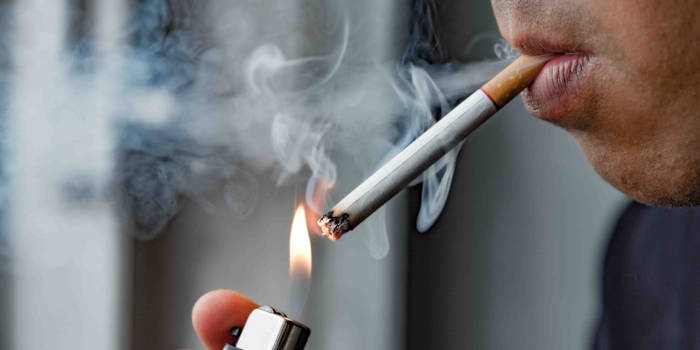Amendment to Kenya’s Gambling May Ban Daytime Gambling

A new amendment bill introduced in Kenya is seeking to restrict gambling between the hours of 6 am and 8 pm local time in a bid to protect youths from becoming addicted to the activity, its backer claims. The amendment to the Nairobi City County Betting, Lotteries, and Gaming Bill 2021 is supported by South B MCA Waithera Chege, who wants to prohibit gambling during what she describes as productive human hours.
Protect Kenya’s Youthful Gamblers
The bill would need to be voted and ratified by the Nairobi County Assembly if it were to move forward and introduce the restrictions. Waithera, who delivered the bill during an Assembly hearing, argued that youths are increasingly spending time at betting and gambling establishments across the country and that something would need to be done to protect those groups.
She continued by arguing that she would seek to restrict access to these establishments in specific hours in order to protect youth who have been showing symptoms of addiction, Waithera continued. Waithera did not dismiss the progress done so far in regulating gambling but argued that more needs to be achieved to protect vulnerable groups.
For many Kenyans, however, gambling is easily one of the most important industries in an economic sense. The industry was tipped to reach $50 million in turnover in 2020, and the country was named one of three top markets in Africa by PwC in 2017. Introducing a blanket ban on gambling in the specified hours could have an adverse effect on the economy and livelihood of people involved in the sector.
Kenya’s sports clubs faced a similar dilemma when Sportpesa and Betin were forced to withdraw from the market amid a saga with the government whereby officials demanded a 20% excise tax that the operators argued was not sustainable. The withdrawal of those betting brands quickly revealed how vulnerable Kenyan sports are without its sponsorships.
Meanwhile, Waithera acknowledged that gaming and betting played a vital part in the economy but insisted that the proposed amendment is designed to further regulate the sector rather than do away with it. Similar to practices in other jurisdictions, the amendment will also want to regulate mobile betting as well as introduce cashless transactions as the primary source of payment in a bid to prevent consumers from overspending. The target group is once again youths.
Aggressive Advertisement Associated with Higher Participation
She also pointed out that advertisement that promotes gambling should be banned in the vicinity of such establishments lest youths are tempted to walk in and participate. According to a study by Geopoll, 76% of young Kenyans have engaged with some form of gambling in the surveyed period leading to 2017.
Geopoll revealed that the aggressive advertisement practices leveraged in Kenya and elsewhere were associated with higher rates of participation by youths. The same goes for jackpot success stories that have seemingly been incentivizing youths to pick gambling as a viable hobby.
While gambling is undergoing massive re-regulation around the world, many countries, including Italy and Spain, have chosen to restrict gambling advertisement as opposed to suspending gambling altogether.
Nordic markets such as Norway, Sweden, and Finland have introduced strict consumer protection measures and suspended most bonus play. In the newly-regulated Dutch gambling market, similar rules apply.
Luke is a media graduate who is looking to build upon his experiences from his strong love of sports betting and casino games which started during his first year of college. His fresh mindset always brings new content ideas to the team and his editorial skills will continue to grow with the help of the upper management team at GamblingNews.com.














